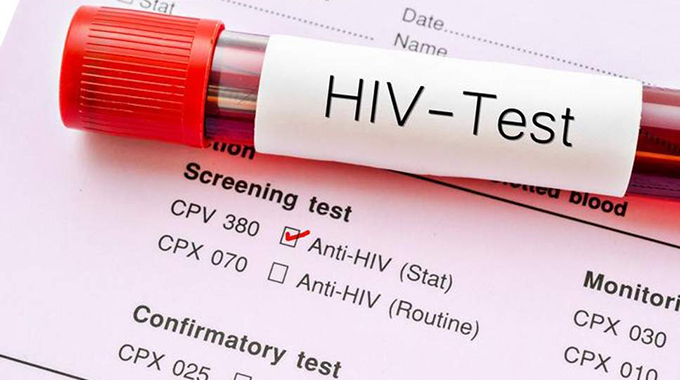New HIV infections decline

Thandeka Moyo Bulawayo Bureau
ZIMBABWE recorded a decrease in new HIV infections from 44 000 to 38 000 cases annually, a development which the UNAIDS 2019 report projects may lead to a decline in prevalence.
According to a report released last week, 28 percent of prisoners in Zimbabwe are HIV positive though the country does not have data on how many of the prisoners are accessing anti-retroviral therapy or HIV prevention methods like condoms and pre-exposure prophylaxis (PrEP).
Prisoners, transgenders and those who inject drugs remain the top three most marginalised key populations in Zimbabwe whose access to treatment and prevention is not accounted for.
The UNAIDS report also stressed the need for countries to prioritise investing in key populations who now account for 54 percent of all new infections world over.
“The number of new HIV infections in Zimbabwe has gone down to 38 000 from 45 000 in 2015. Just like in many HIV heavily-burdened countries, Zimbabwe had also managed to halve the number of Aids-related deaths from 54 000 in 2010 to 22 000 in 2018,” read the UNAIDS report.
“About 28 percent of prisoners in Zimbabwe are HIV positive, but there is no data on how many are on ART or if they have access to HIV testing and counselling within the institutions. Zimbabwe also does not have statistics on transgender and people who inject drugs who are on ART or who are accessing condoms.”
Zimbabwe has the fifth highest HIV prevalence in the region.
“Key populations and their sexual partners now account for 54 percent of new HIV infections globally. In 2018, key populations-including people who inject drugs, gay men and other men who have sex with men, transgender people, sex workers and prisoners-accounted for around 95 percent of new HIV infections in eastern Europe and central Asia and in the Middle East and North Africa,” read the report.
UNAIDS has since called on Governments to work towards ensuring that key populations are catered for in all HIV prevention and treatment programmes.











Comments